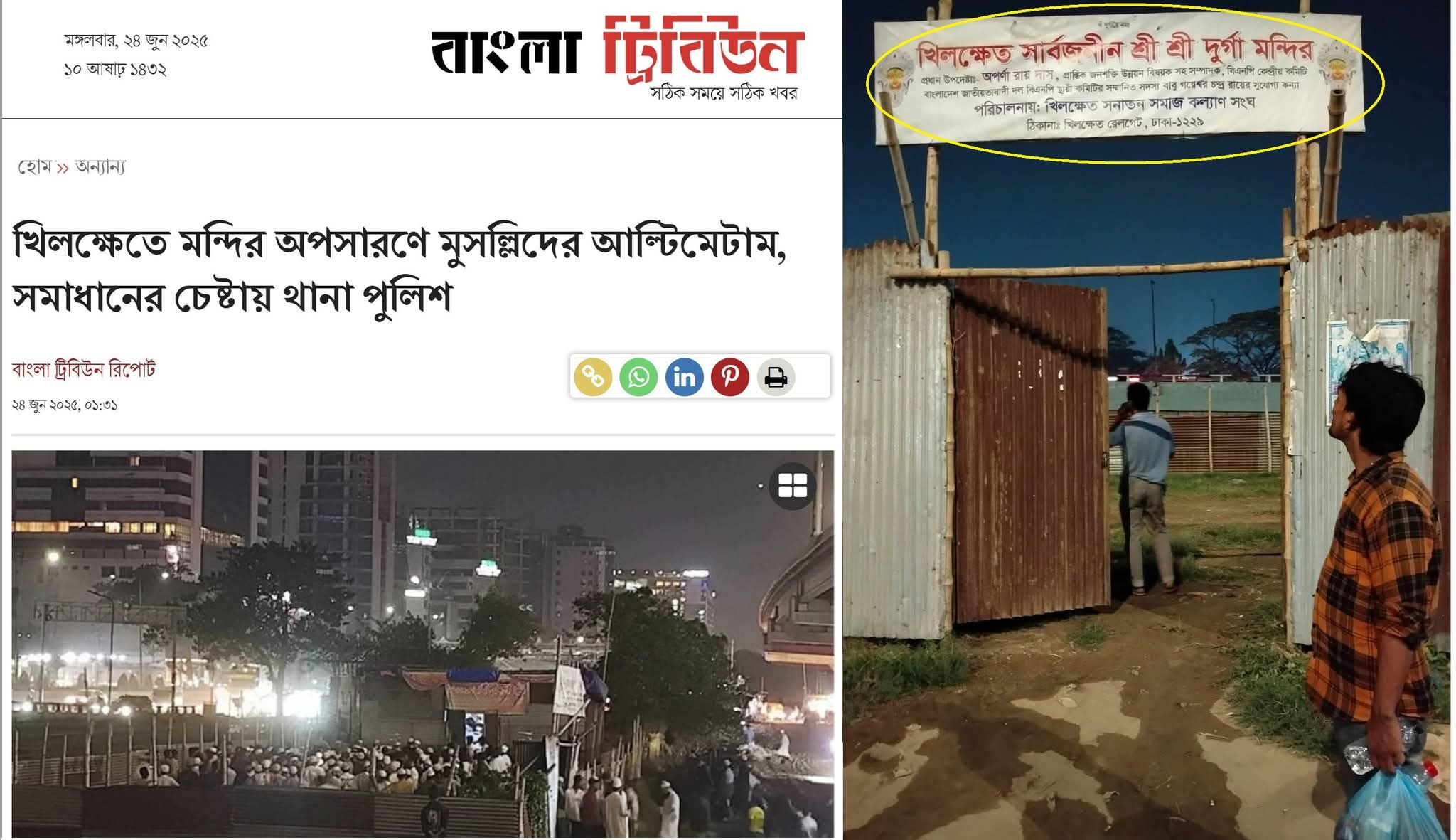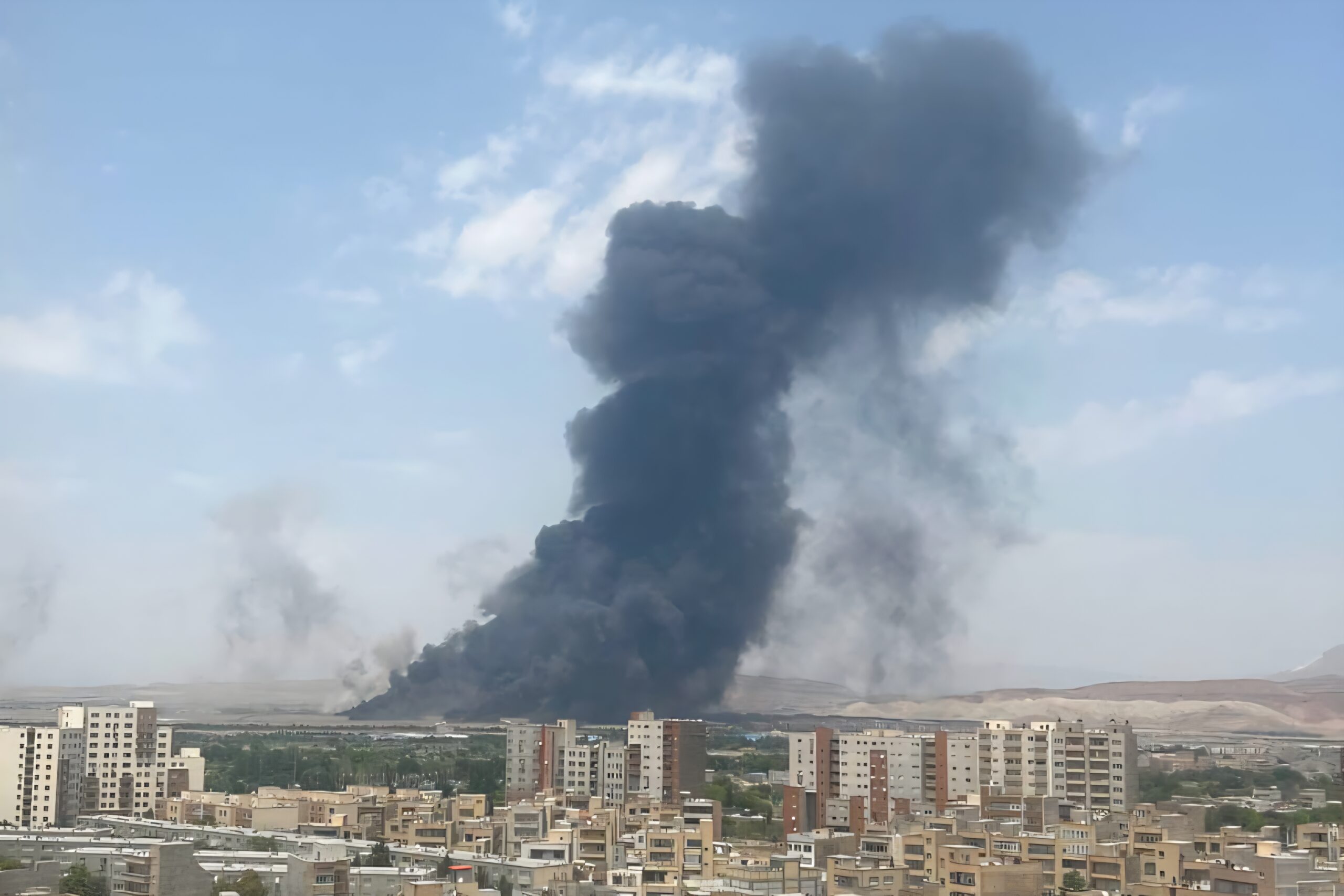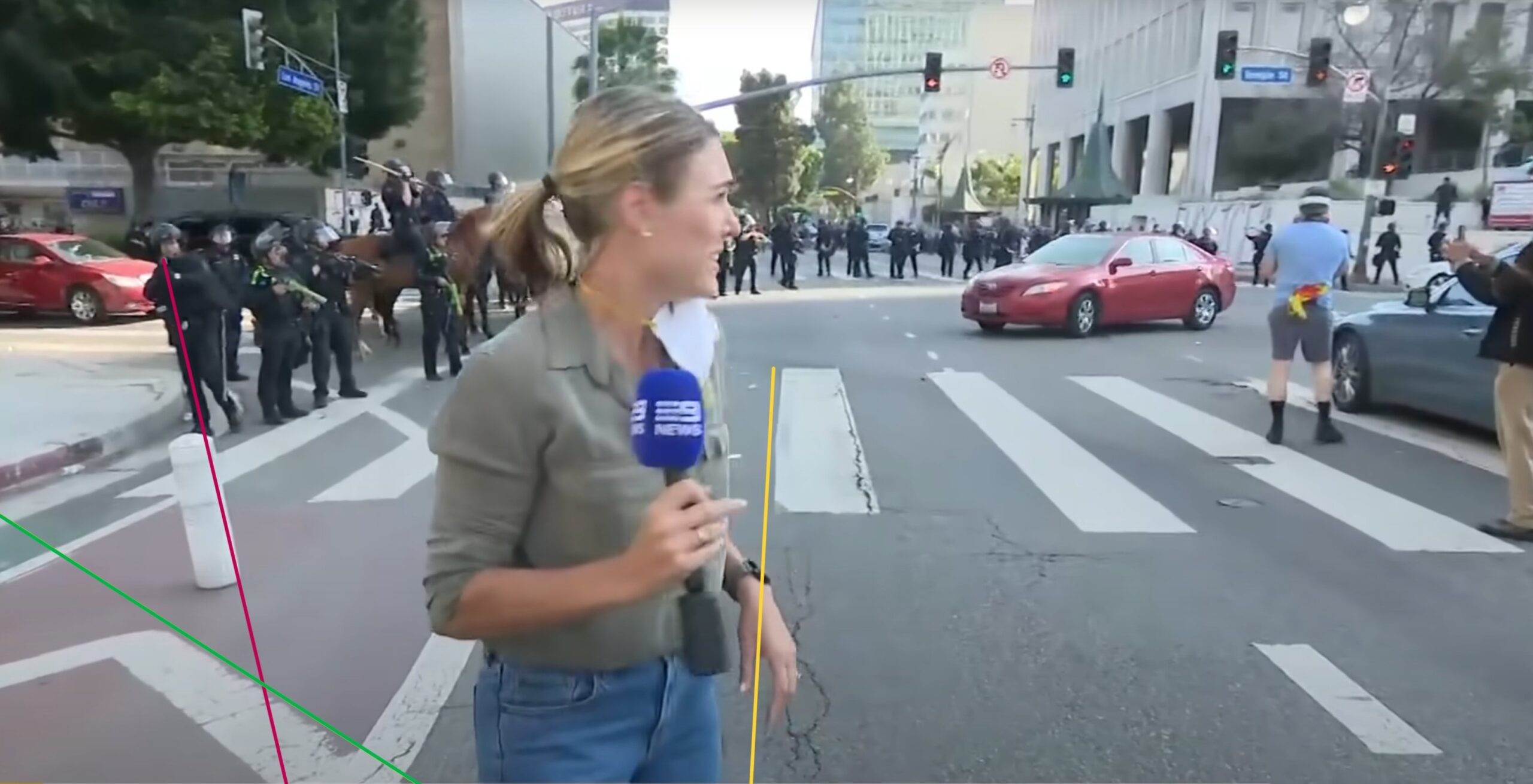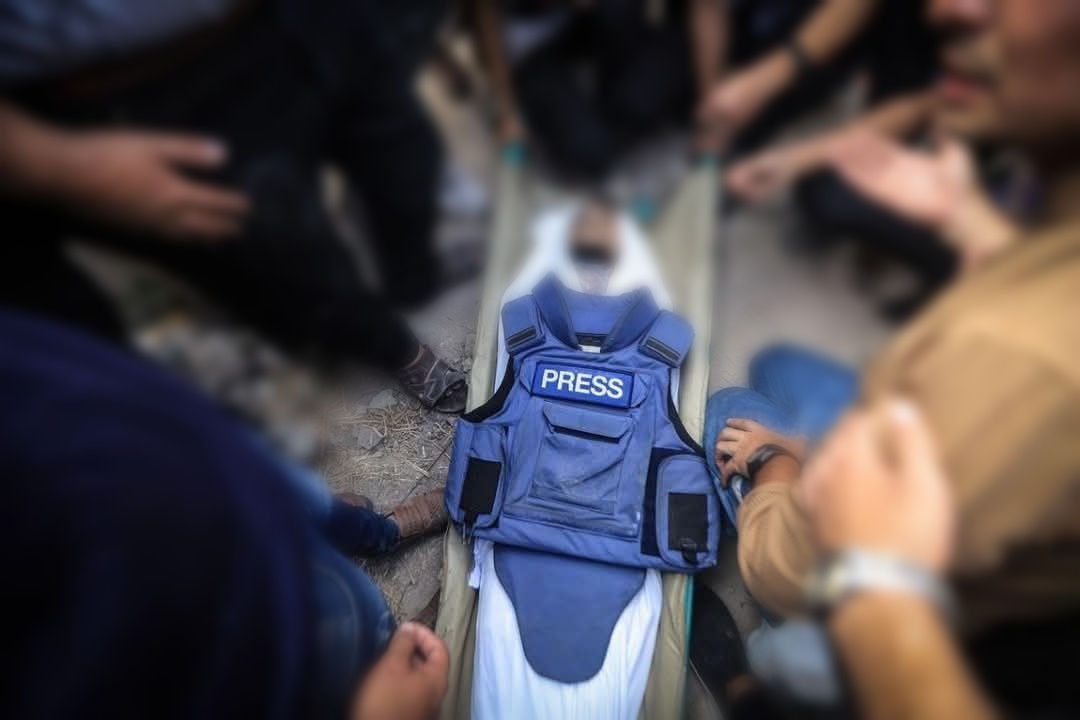Dhaka, Bangladesh — Bengali renowned actress Nusrat Faria was detained by Bangladesh police at Dhaka’s Hazrat Shahjalal International Airport on Sunday, May 18. Authorities claim her arrest is linked to an attempted murder investigation stemming from the 2024 anti-discrimination protests in the capital.
The following day, a Dhaka court remanded her to prison pending further investigation. However, in a significant legal turn, on Tuesday, May 20, following a special submission, the Dhaka Metropolitan Magistrate Court granted Nusrat Faria’s bail, easing immediate concerns about her continued detention.
But what began as a legal matter has quickly spiraled into a chaotic media spectacle, fueled by sensational headlines, misinformation, and troubling lapses in journalistic ethics.
A Trial by Media?
While law enforcement has offered minimal details about the charges, Bangladeshi media outlets wasted no time in spinning the arrest into a frenzy of conspiracy theories and unverified claims. One widely circulated headline asked, “Is Nusrat Faria Traveling to Thailand to Serve Former President Abdul Hamid?” The article offered no sources, no official statements, and no factual basis—only innuendo and baseless speculation.
“There is no journalistic integrity in crafting headlines that masquerade as questions when they are actually unfounded accusations,” said a media ethics professor at Dhaka University, who requested anonymity due to the political sensitivity of the case.

Photo : Without any proper sources and informations the news published in Bangladesh media outlet (screenshot)
In another case, an outlet ran with the inflammatory headline: “Fugitive Flop Actress Close to Palak Caught Trying to Escape — Nusrat Faria Arrested.” The claim implied political ties and an escape attempt—yet police documents made no mention of either. Instead, Faria was reportedly detained on the basis of a specific criminal investigation unrelated to politics.
Media Without Evidence
This kind of reporting has drawn criticism from local media watchdogs and journalists; many of whom say the rush to publish sensational content undermines public trust. While no direct comment has been made by international organizations regarding this specific case, press freedom advocates such as Reporters Without Borders (RSF) have repeatedly raised concerns about declining media standards and rising disinformation in Bangladesh.
In its annual press freedom index, RSF has highlighted the increasing politicization of newsrooms, pressures from authorities, and a tendency toward click-driven reporting over fact-based journalism. These issues have created fertile ground for misleading coverage like what has emerged around Faria’s arrest.
The lack of verifiable sources in these reports underscores a growing crisis in Bangladesh’s media landscape, where facts are often sidelined in favor of viral narratives. The widespread dissemination of clickbait headlines and conspiratorial rhetoric has not only muddied public understanding of the case—it has also jeopardized the integrity of an ongoing legal process.
The media’s handling of Faria’s arrest has drawn criticism from local journalists and media experts. Bangladeshi journalist Sumi Khan, who has faced threats and intimidation for her reporting, expressed concern over the sensationalist coverage. “The rush to publish unverified information not only undermines journalistic integrity but also jeopardizes the legal process,” she said.







Leave a Reply